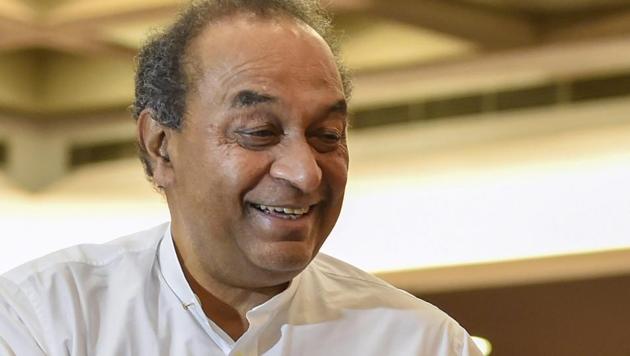Mukul Rohatgi: A Pioneering Voice in Indian Law

Introduction
Mukul Rohatgi, an eminent Indian lawyer and former Attorney General of India, has played a vital role in shaping the country’s legal landscape. His work over the years not only showcases his legal prowess but also emphasizes the importance of advocacy and justice in contemporary India. Rohatgi’s influence has transcended the courtroom, making his contributions relevant to every citizen.
Background and Notable Achievements
Born on November 5, 1954, in Delhi, Mukul Rohatgi pursued his Bachelor of Laws from the University of Delhi. He began his legal career in the 1980s, quickly establishing a reputation for his expertise in constitutional law. In 2014, he was appointed as the Attorney General for India, serving until 2017. His tenure was marked by high-profile cases that gained national attention, including matters related to civil rights and governance.
Rohatgi has appeared in numerous landmark cases before the Supreme Court, arguing on behalf of significant clients ranging from private corporations to the government. His notable involvement in cases such as the Aadhaar Act and the Sardar Sarovar Dam reflects his commitment to legal integrity and public interest.
Recent Developments
In recent months, Rohatgi has continued to be an influential figure in legal circles. His insights are often sought regarding pressing legal issues, including constitutional amendments and high-stakes litigations. With the Supreme Court hearing critical cases related to the rights of citizens and the balance of power in governance, Rohatgi’s opinions are deemed crucial. Furthermore, his participation in various legal forums and seminars illustrates his commitment to the ongoing education of future legal professionals.
Conclusion
As a leading voice in India’s judicial framework, Mukul Rohatgi’s career serves as a testament to the essential role that legal practitioners play in upholding democracy and justice. Looking forward, his influence in shaping legal discourse is expected to grow, especially as new challenges emerge in India’s governance. For aspiring lawyers and citizens alike, understanding Rohatgi’s contributions offers valuable insights into the intersection of law and societal progress.









